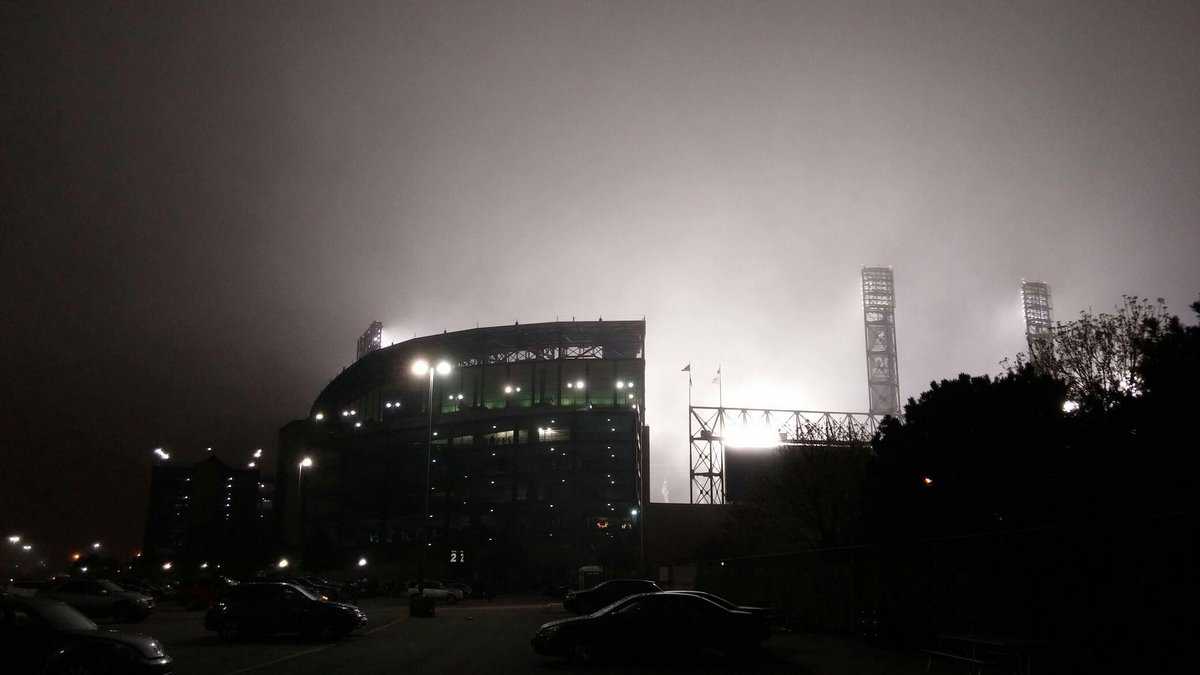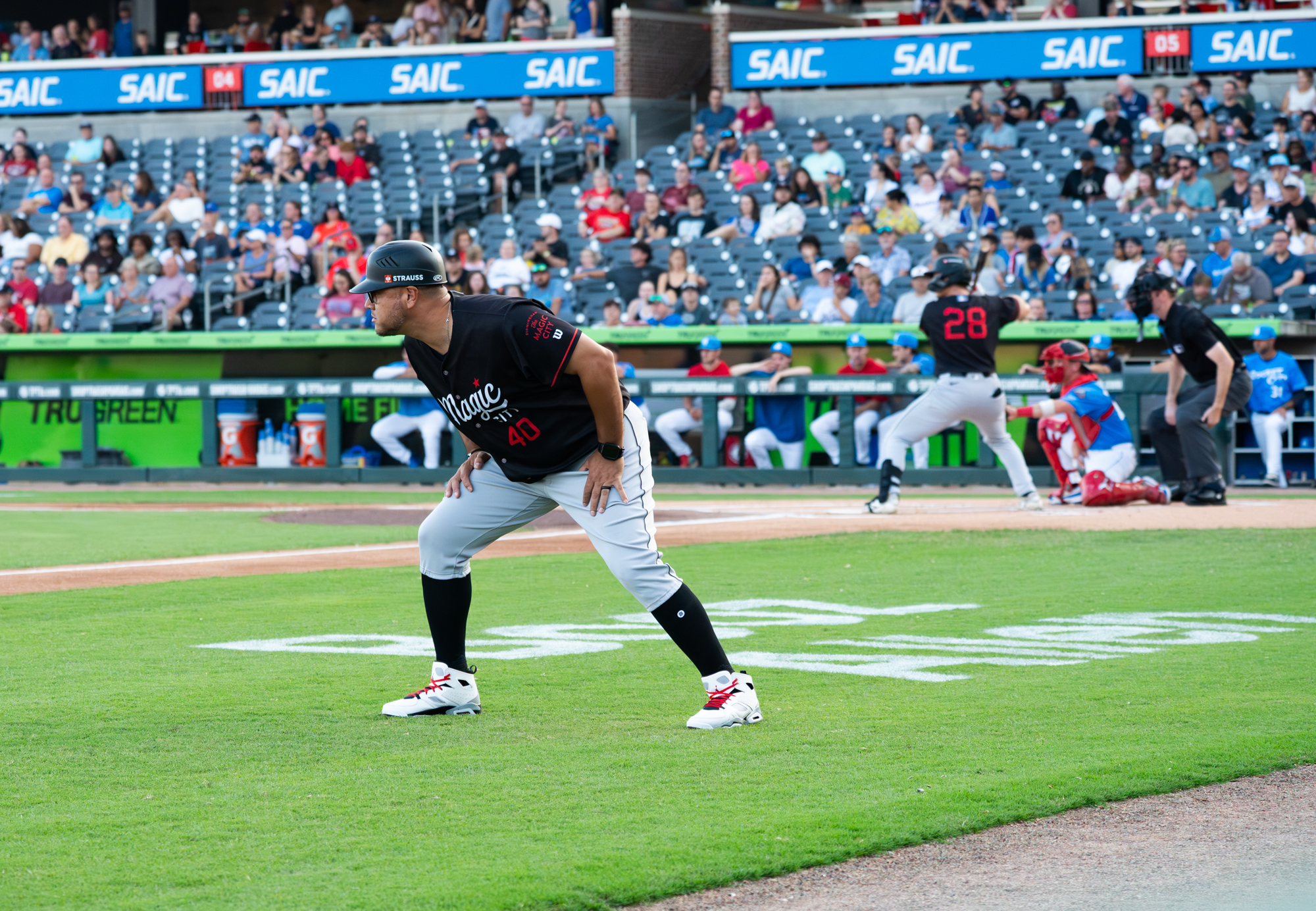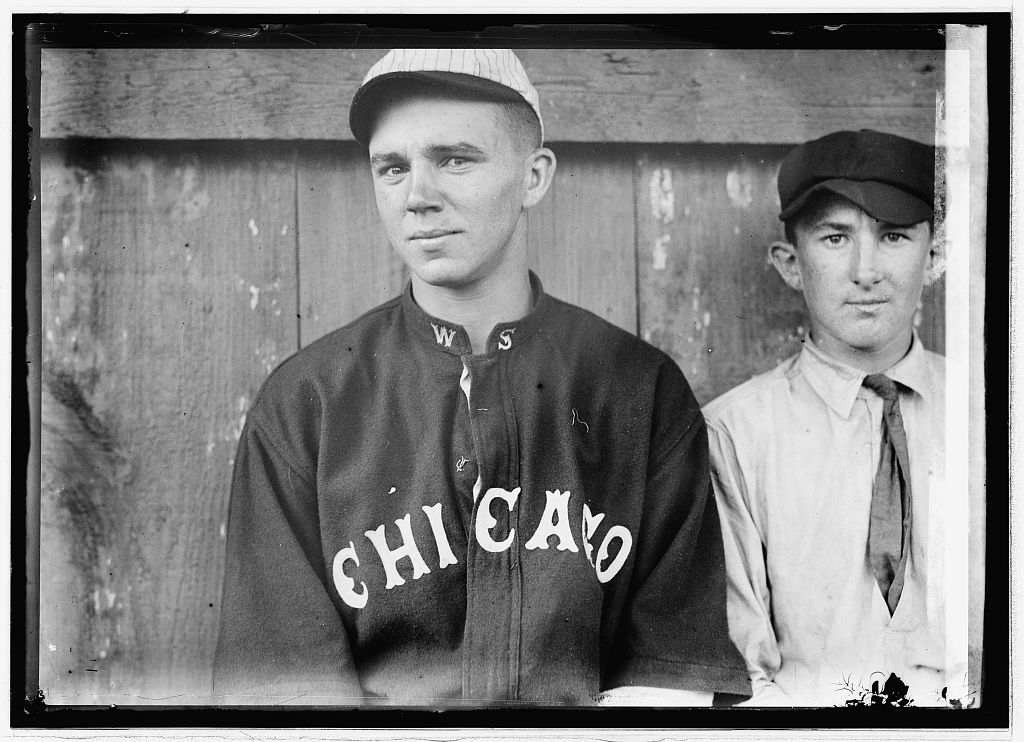When magicians show you how a trick works, it's usually because the trick isn't one of their own, or it's because they don't intend to use it again, and it's an opportunity to explain their craft.
Jerry Reinsdorf seemed to do that when he admitted that he wasn't all that interested in moving the White Sox to St. Petersburg during the 1980s. As he told Cigar Aficionado in the 1995 article I always come back to:
But Reinsdorf's sentimentality extends only so far. Business is still business. So in 1983, claiming the old Comiskey Park was "disintegrating," and "if we didn't get a new ballpark we'd go broke," Reinsdorf again played hardball. Threatening to move the Sox to St. Petersburg, Florida, if Illinois legislators didn't fund a new stadium, he now explained, "a savvy negotiator creates leverage. People had to think we were going to leave Chicago." Those machinations angered St. Petersburg city administrator Rick Dodge. Realizing Reinsdorf was simultaneously negotiating with him and Illinois officials, he told his attorneys, "He was playing us off against each other. I'm not going to sit here and get chewed up like this."
Perhaps Reinsdorf didn't think he would live to see another situation where he could try to put the state of Illinois over a barrel, but with the opportunity to get another hit of public funds with the proposed ballpark in the South Loop, he's going back to his old playbook.
It started earlier this week, when Bruce Levine went on 670 The Score's Mully and Haugh show Tuesday morning and started fearmongering on Reinsdorf's behalf (Mike Mulligan and David Haugh pushed back, with unusual contentiousness among colleagues).
After his visit to Springfield, Reinsdorf started doing it himself for Crain's Chicago Business.
If Chicago is to keep the White Sox from moving out of state — and the team is to be a consistent game winner — it must have the revenue and lures that a new stadium would provide.
That’s the pitch from White Sox chairman and principal owner Jerry Reinsdorf, who in an exclusive interview with Crain's provided key new details about why and how the team wants to decamp from Bridgeport’s Guaranteed Rate Field to a new, publicly owned stadium built on Related Midwest’s The 78 property in the South Loop. [...]
“The economics of baseball have completely changed,” with top ballplayers signing contracts worth as much as $700 million, Reinsdorf said. “At the location we’re at now, we cannot generate the revenue needed to pay those salaries,” he said, referring to the team’s heavily residential Bridgeport home. A new space in a livelier downtown area with shops, bars and other entertainment venues within walking distance should do better, he contends.
Reinsdorf denied that the real problem is poor performance by his team. Even after winning the World Series in 2005, “we didn’t crack the 3 million (attendance) mark,” something that Series winners routinely accomplish.
(It now occurs to me that baseball owners had to love Shohei Ohtani signing a $700 million contract with the Dodgers, because even though the deferred payments knock down the net present value to $460 million, they can use the far larger figure for a bigger pity party.)
We just experienced Reinsdorf's lethal combination of laziness and arrogance when he promoted Chris Getz without considering anybody else, and it is with a heavy heart that we must announce that he's at it again. There's just less of a reason than ever to believe him.
If you want to see a truly disadvantaged market, you only have to look at Cleveland. The Guardians won three straight AL Central titles and lost the World Series in seven games, and only topped 2 million fans in a season once -- and barely (2,048,138). Put Cleveland-grade success in Chicago, and nobody's having this conversation.
But you can't make a direct comparison between the Guardians and the White Sox because, thanks mostly to Reinsdorf's poor stewardship of the team, the White Sox have never won consecutive division titles despite playing in baseball's most cash-strapped, least competitive division. You can't compare them because the Guardians have actually committed nine figures to a player, even though they run far smaller payrolls on an annual basis.
And now you can't compare them because the Guardians didn't make a mistake with Progressive Field like Reinsdorf apparently made with New Comiskey Park. He's not only terrible at running a baseball team, but he's terrible at using public funds to build a ballpark for a baseball team, and now here he is, wanting even more public support to rectify all the mistakes he made with Illinois' resources the first time.
If a relative tried shaking you down for money again after blowing it the first time, you'd probably cut them off, because enabling that behavior tends to only ruin more lives. But because Reinsdorf largely lives a consequence-free existence -- the performances of his two franchises don't seem to register as important to him -- he might get away with it. Chicago Mayor Brandon Johnson on Wednesday left the door open for building the White Sox another ballpark ...
Johnson was asked why he was at least open to “approve taxpayer dollars to subsidize a privately-owned” sports franchise — possibly from the surrounding TIF district — at a time when he has introduced a groundbreaking plan to generate $1.2 billion for housing and economic development by weaning Chicago away from tax increment financing.
“They might [ask]. But there’s no guarantee that they’ll get it from the city. … What I’ve said repeatedly is that we need to make sure that our investments have real public benefit and that there has to be a commitment to public use. Those conversations are being had, and there are some promising developments that eventually we’ll be able to talk about out loud,” the mayor said.
... and that's usually how it starts.
For the time being, there's no reason to take Reinsdorf's threats seriously. There's nothing wrong with Guaranteed Rate Field besides the team that plays there and the person who runs it. There's no compelling reason for Major League Baseball to forever relegate Chicago to one-team cityhood for a smaller market because Reinsdorf botched all the built-in advantages. There's no city that's ready for a team to move there, and even if there were, teams with far longer-running existential concerns would have a greater need for them, and Rob Manfred wants to save two cities for expansion.
Maybe one or more of those situations will change and force us to revisit the topic, but as things stand, Reinsdorf already pulled a quarter (billion) from your ear, and then he showed you how he did it. There's no need to freak out when he tries it again.






